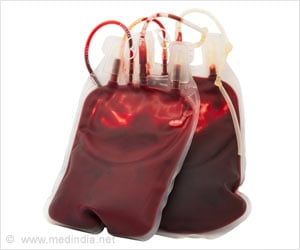Q: What are the different blood types?
A: Everybody has a blood type. These include: A, B, AB or O. Every person is either Rh-positive or Rh-negative. If one has type B blood, it can be either B positive or B negative. When receiving a blood transfusion, the recipient’s type and Rh must be perfectly matched to avoid risks and reactions.
Blood type O is known as the universal donor as anyone can receive this blood type. Blood type AB is known as the universal recipient as they can receive blood from any type A, B or O.
A Rh-positive person may receive Rh-negative blood in times of emergencies when there is no time to check and screen. However, a Rh-negative person must never receive Rh-positive blood.
Q: What is a blood bank?
A: A blood bank is a healthcare facility where blood is collected, stored, screened and made available to people in need. Blood banks are often part of hospitals or standalone facilities. One must always approach a blood bank when blood is required for safety and avoidance of risks from blood.







